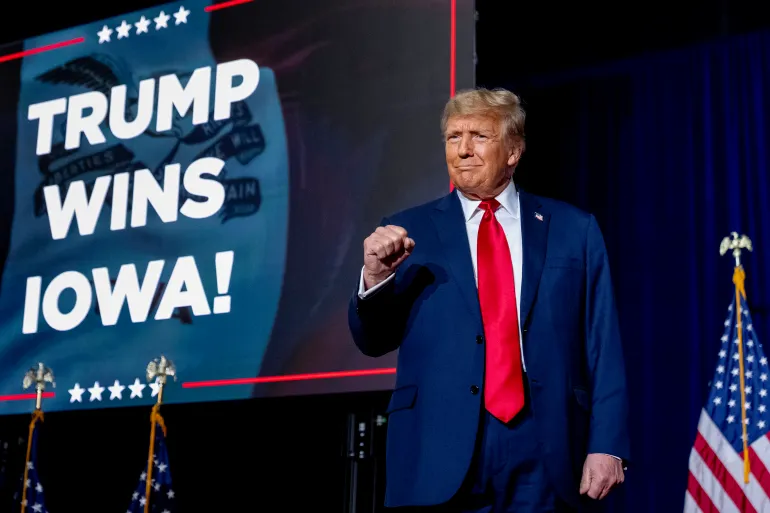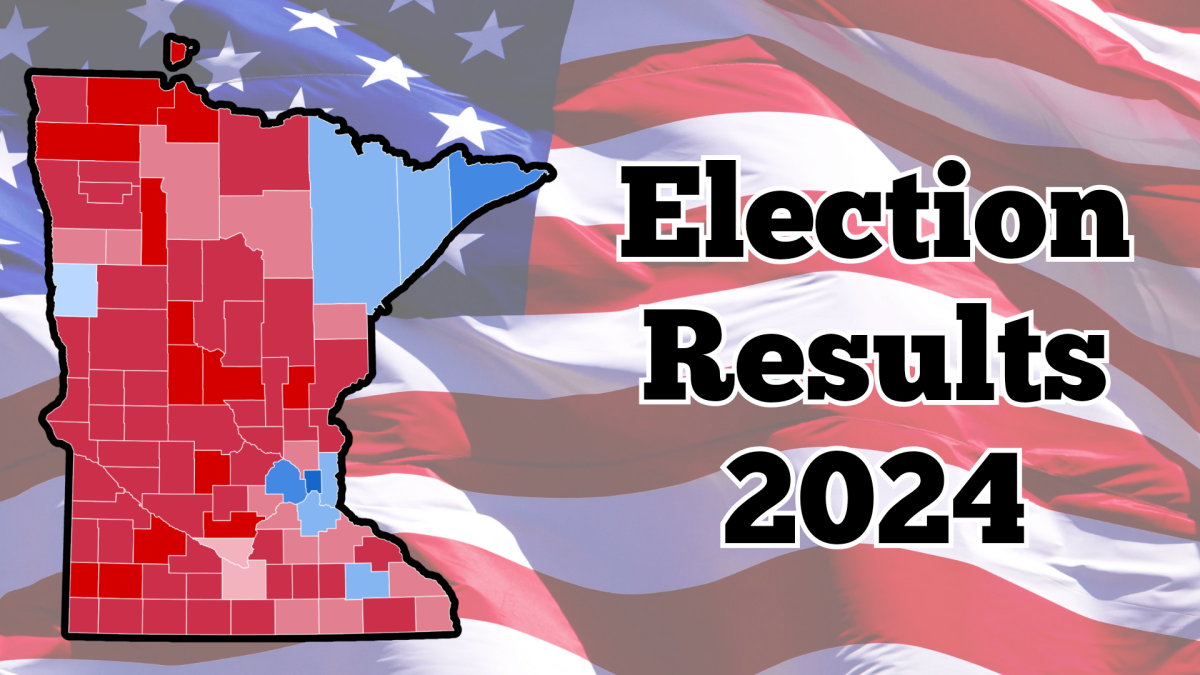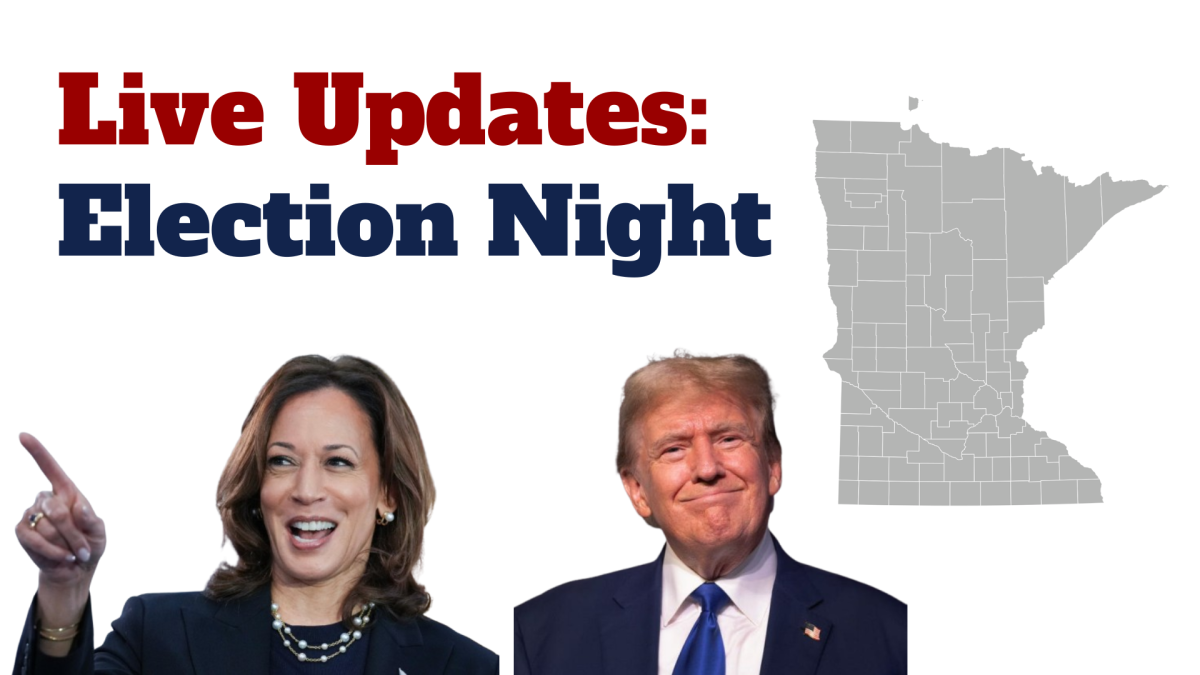Former president Donald Trump won a landslide victory in the Republican Iowa Caucuses on Monday. Trump won 51% of the vote, while Florida governor Ron DeSantis won 21.2%, former United Nations Ambassador and former South Carolina governor Nikki Haley won 19.1%, and biotech entrepreneur Vivek Ramaswamy won 7.7%. Iowa is the first in the nation caucus/primary. In order to receive the Republican Party’s nomination for the presidency, a candidate must win 1,215 out of 2,429 delegates. Delegates are won from caucuses/primaries, and states offer different amounts of delegates depending on the state’s population. Iowa had 40 delegates up for grabs. Delegates are awarded proportionally based on percentage of the vote in Iowa, meaning Trump took home 20 delegates, DeSantis took home 9, Haley took home 8, and Ramaswamy took home 3.
How do the Republican Iowa Caucuses Affect the Greater 2024 Election?
The Iowa caucuses are largely unimportant delegate-wise, as the 40 delegates up for grabs account for a little more than 3% of the total amount of delegates required to win the Republican nomination. Instead, Iowa acts as a bellwether, serving as an indicator to upcoming caucuses/primaries: what to expect, which candidates are expected to do better than others, etc. The 2024 caucuses show that former president Trump has a strong lead ahead of his two major opponents, DeSantis and Haley. Due to his less-than-stellar performance, Ramaswamy suspended his 2024 campaign and endorsed Trump. Former Arkansas governor Asa Hutchinson also dropped out of the 2024 presidential race, failing to garner even 1% of the vote.
What to Expect in the New Hampshire Primary
The next primary will take place in New Hampshire on Tuesday, January 23rd, with 22 delegates available. According to a recent poll, Trump is currently leading with 39% support, while Haley is closing in with 32%. DeSantis lags far behind at a mere 5%. The Democrats will also hold their New Hampshire primary that day with 33 delegates available, but due to a dispute between the state of New Hampshire and the Democratic Party, the vote will serve purely as a bellwether, and the delegates won will have no direct effect on the Democratic nomination for president.






















































